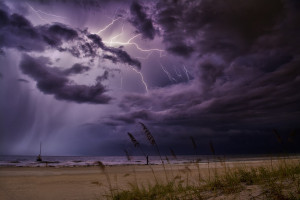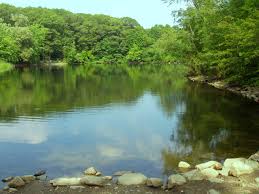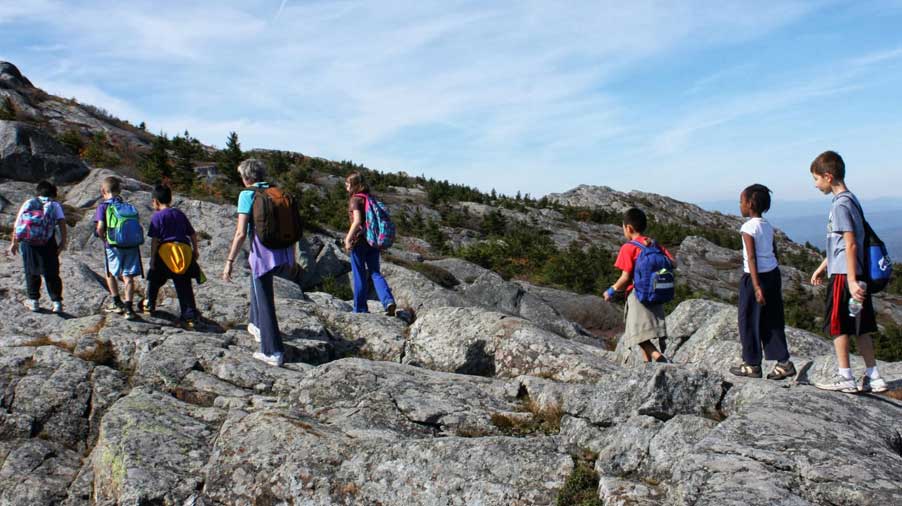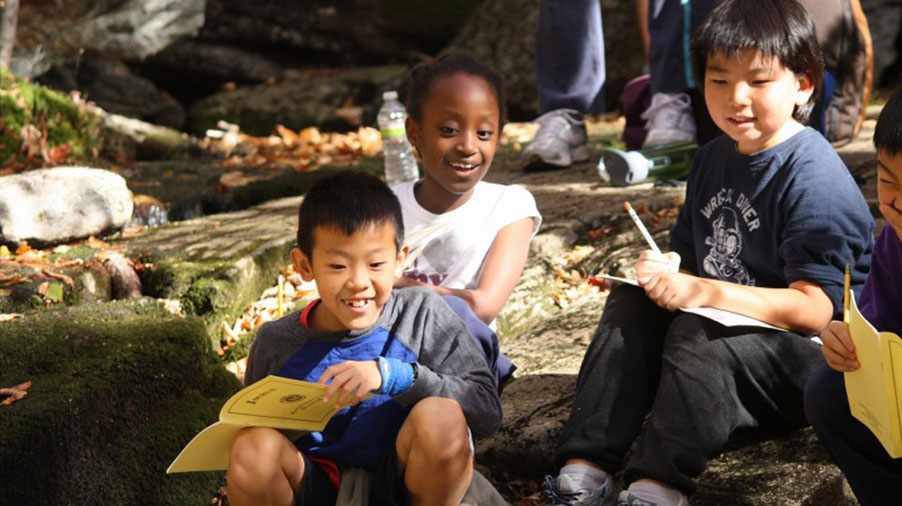Kingdom Storywork
Our classrooms provide opportunities for students to participate in deeper learning —opportunities to practice living the Kingdom story with real work that addresses real needs. Students are given the opportunity to respond to God’s call to be active, restorative, and creative through acts of love and service. It is through the practice of engaging in this work that students form a compelling vision and desire for living within God’s story. As engagement and motivation increase, so does a student’s mastery of curricular content.
Teachers create their engaging curriculum from the Massachusetts state standards, connecting them to God’s story through our Daniel Model. Kingdom Storywork is integrated across curricula and involves hands-on learning and field work experience.
Our school is grateful for the professional affiliations we have with local and national organizations that bring in-depth learning and enrichment into our classrooms and after school programs. As students learn from experts in their field, we are cultivating learners who not only have the mind of Christ, but who also know that they, as co-laborers and Kingdom Builders, can be part of bringing solutions to our hurting world.
Examples of Expeditions

Kindergarten
Studied and worked with community farm throughout the year to produce an Alphabet Book featuring farm life. The farm is using the book to promote their educational mission.

Grades 1 and 2
Studied water cycle through research, interviews with experts, experiments, and fieldwork. Produced magazine on the water cycle and sold copies of it to raise money for a ministry to the homeless in the Boston area. Students were able to visit the ministry, learn about it firsthand, and deliver their gift in person.

Grades 3
Studied storms and preparedness through research, speaking with a meterologist and The Red Cross. Developed a storm guide to teach people about natural disasters and how they can be prepared. See their finished product here: NCS Storm Guide

Grades 4 and 5
Studied the Mill Brook in Arlington, helping to promote a linear park proposed by a town committee. Students studied the history of the brook, tested water quality, explored environmental issues, and outlined some of the benefits a linear park would bring to the community.




